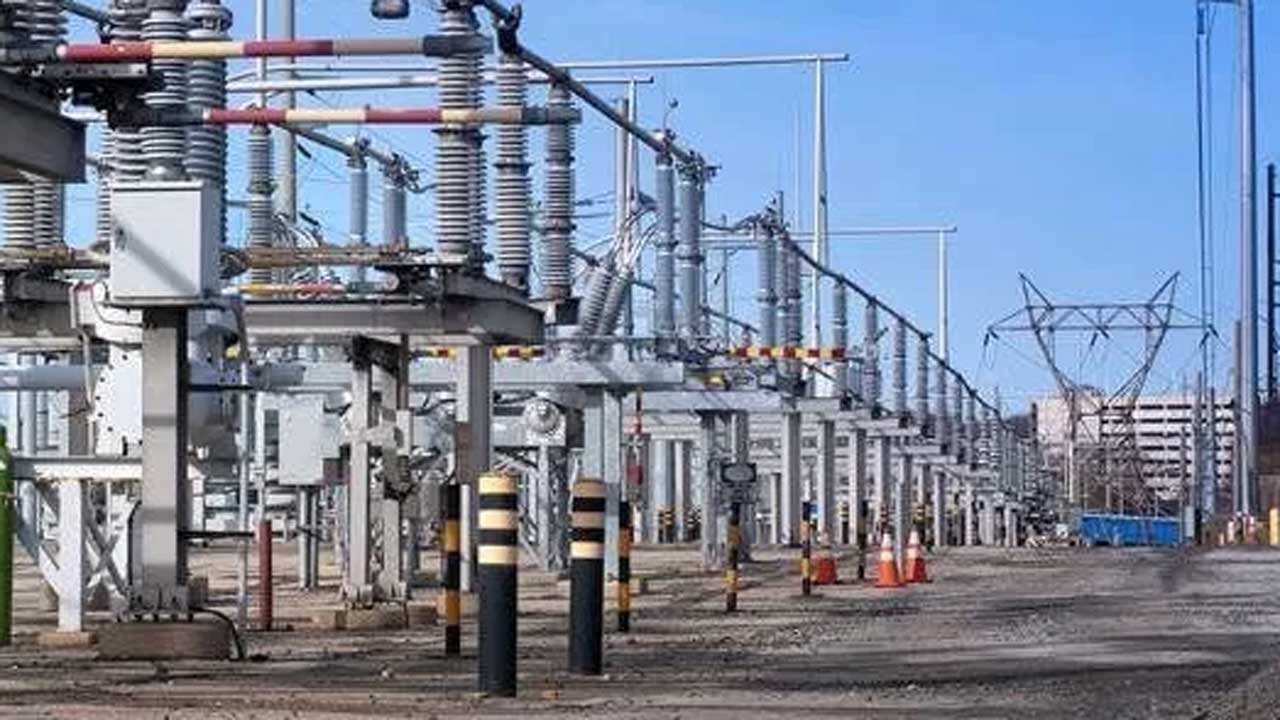
To seek sustainable solutions beyond protests to Nigeria’s energy crisis, stakeholders, including members of the academia, civil society groups, and development agencies, have unveiled a new research project to address such objectives.
With specific reference to petroleum products and the struggles associated with such commodities in a fragile setting like Nigeria, the proposed study, titled, ‘Demanding Power: Struggles over Energy Access in Fragile Settings’, seeks to promote transparency and accountability in the energy sector and the country as a whole.
According to the promoters of the study, the move is part of a broader study on Action for Empowerment and Accountability (A4EA) research in Mozambique, Egypt, Myanmar, Pakistan, Bangladesh and Nigeria.
Unveiling the proposed study in Lagos, on Wednesday, the Executive Director of the Partnership for African Social and Governance Research (PASGR), Prof. Tade Akin Aina, explained that the project is being executed in partnership with a consortium of partners. This led by the Leadership Effectiveness Accountability Professionalism (LEAP) Africa, IDS Sussex, UK, and funded by the UK Department for International Development (DfID), seeks to ensure new socio-political actions emerge in the demand for accountability and transparency from the government.
A member of the research team and the Head of Department, Communication and Language Arts, University of Ibadan, Prof. Ayo Ojebode, said the move to involve stakeholders at the unveiling of the study was to ensure that the research is people-driven and achieves the set objectives.
“Research tends to be divorced from the everyday experiences of the people on the street. This is because researchers stay in their offices and conduct research; outcomes are published in journals that are read by members of their own academic community. The people who need to use the research do not get to know that such exists. One way to tackle this problem is to invite research users and disseminate findings to them.
“We believe people are going to key into a research if they were there at the foundation. If there are questions at the research questions, methods, among others, such questions are built into the research. This way, research is addressing their concerns, speaking their language, taking place in their local community and is not strange to them. That kind of research will be easy for them to adopt and make use of when the findings are out. It is an attempt to make sure that our findings resonate with the wishes, aspirations, challenges and pains of the people,” he added.
The Director of Research, PASGR, Dr. Martin Atela, added that the study seeks to examine fuel protests in the last one decade by trying to understand the dynamics of mobilisation and if, when and how they produced results.
“Crude oil and its refined products are the lifeblood of the Nigerian national and individual economies. No wonder why every fluctuation in the prices and availability of these items is greeted with widespread reaction by Nigerians. In nearly all cases when price of fuel is increased or when fuel is not available, Nigerians protest widely.
“It is important to understand that government yielding to pressures from protesters is typically a negotiation of several complicated interests with those of protesters being just one of those interests. Interests of oil companies, marketers, government ministries, international oil markets, and real politics are among other competing interests. Using a combination of methods, the study will examine the interplay of these interests in government’s decision to (not) renew fuel prices in response to protests,” he added.
[ad]



